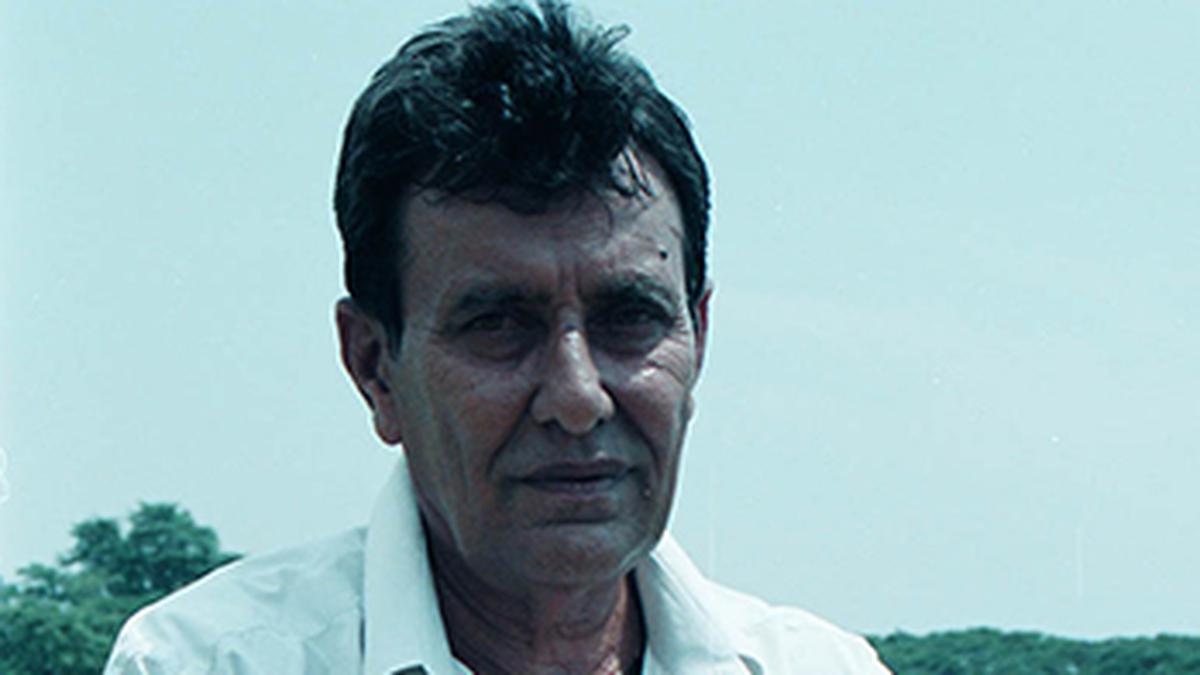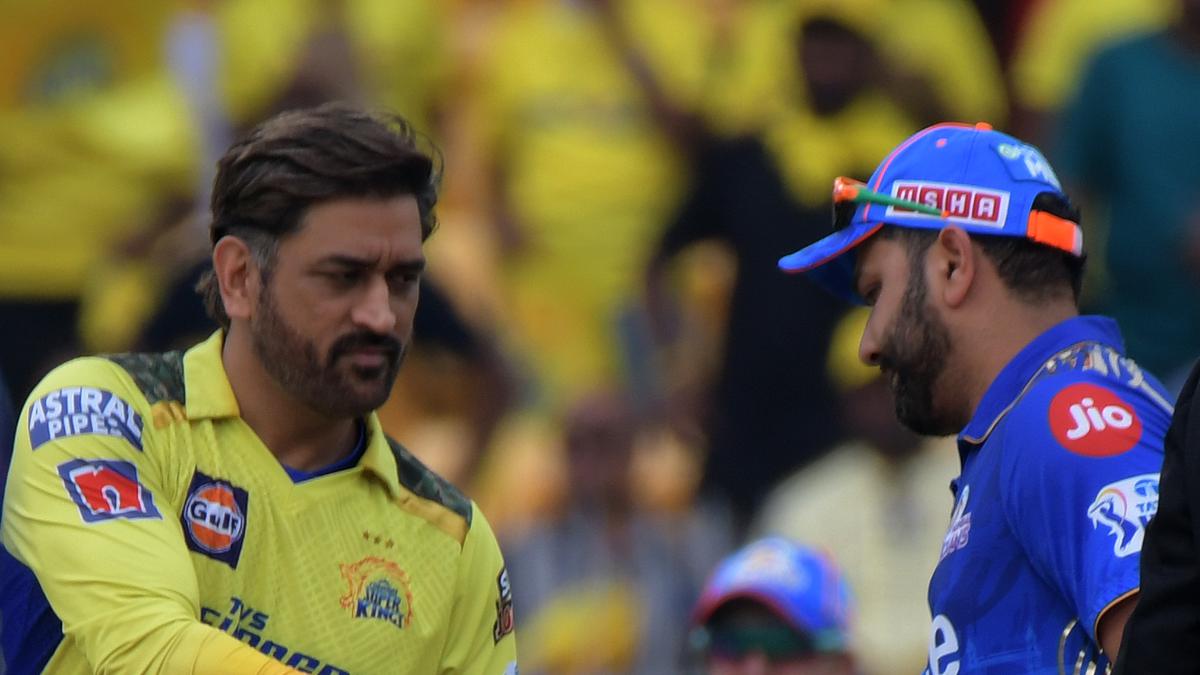Durani.
| Photo Credit: File photo: N. Sridharan
My enduring memory of Salim Durani is not the sixes he hit (although I saw some of them) or the wickets he claimed (I saw many of those too), but the manner of his arrival at a press conference in New Delhi. We were just a handful of journalists and we had had to wait for a bit.
Durani walked into the room, waving smiling, looking around as if acknowledging the cheers of a crowd in a stadium. It was dramatic, and it suggested he knew love and respect were his due. He knew of the impact he made on any group from six to sixty thousand. This was beyond mere self-confidence or entitlement. This was a sharing of charisma, a doubling of joy. I have never seen a sportsman burst into a room with such goodwill.
So it was with a heavy heart that one read about his last days, spent alone and sans the glamour, the public love, the unstinted admiration of those who had come into contact with him however briefly. But Durani’s was a life well lived. He didn’t understand moderation either in his cricket or his life, and occasionally paid for it.
Yet few cricketers (and he played just 29 Tests as India played 65) inspired such an outpouring of grief from such a wide range of personalities in different fields. From politicians (of different hues) to artistes they became fan boys, united by their admiration for the man who played and lived like no other.
Perhaps in that admiration lay the key to Durani (he signed his autographs with a single ‘r’, although there are two in most references). It wasn’t the cricket alone, although that was an important element. He played key roles in two series wins, against England at home in 1961-62, and the inaugural win in the West Indies a decade later. Durani had, above all, the kind of personality others aspired to — talented, handsome, confident, uncontainable, patently life-affirming, with the ability to do things others couldn’t and with little apparent effort. Most males would like to believe that they have something of Durani within them, only waiting to be teased out!
If he had greater discipline, he might have scored more runs, taken more wickets. But he wouldn’t have been Durani. He wouldn’t have virtually grabbed the ball from his skipper Ajit Wadekar and proceeded to dismiss Garry Sobers and Clive Lloyd en route to a famous win. He wouldn’t have hit 15 sixes in 29 Tests at a time when Indian batsmen believed playing in the air was a mortal sin (Farokh Engineer, often called ‘swashbuckling’, had two sixes in 46 Tests).
The great off-spinner Erapalli Prasanna once sent me a picture of the Fabulous Four — Bishan Bedi, Bhagwat Chandrasekhar, Venkatraghavan and himself — with a note saying, “Genius in the middle”. The genius was Salim Durani. And he lived with all the vulnerabilities of genius — inconsistency, occasional flashes of ordinariness, self-doubt and ‘unleadability’. Tiger Pataudi, who was his captain in 15 Tests, often said he regretted never having been able to get the best out of Durani, although he made his only Test century in the West Indies after Pataudi had sent him in at No. 3, six places above the order from the first innings.
As a young boy in Bengaluru, I saw him mastermind Central Zone’s triumph in the Duleep Trophy (in the days when the tournament meant something, and was just a rung below Test cricket). So certain were the authorities that West would beat Central in the semifinal that they prepared for a West vs. South final. But Durani helped beat both West (7/111 and 83) and South (9/87 and 83 n.o.). It was magical. Central Zone were thus put on the cricketing map.
Some of the most beloved cricketers to have played the game didn’t get the honour because of their averages. Like the Australian Victor Trumper they brought something to the game that captured the imagination. Durani captured a nation’s imagination, and that’s an epitaph reserved only for the best.







